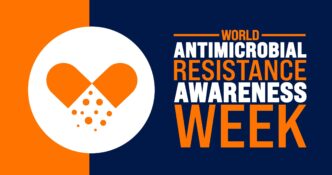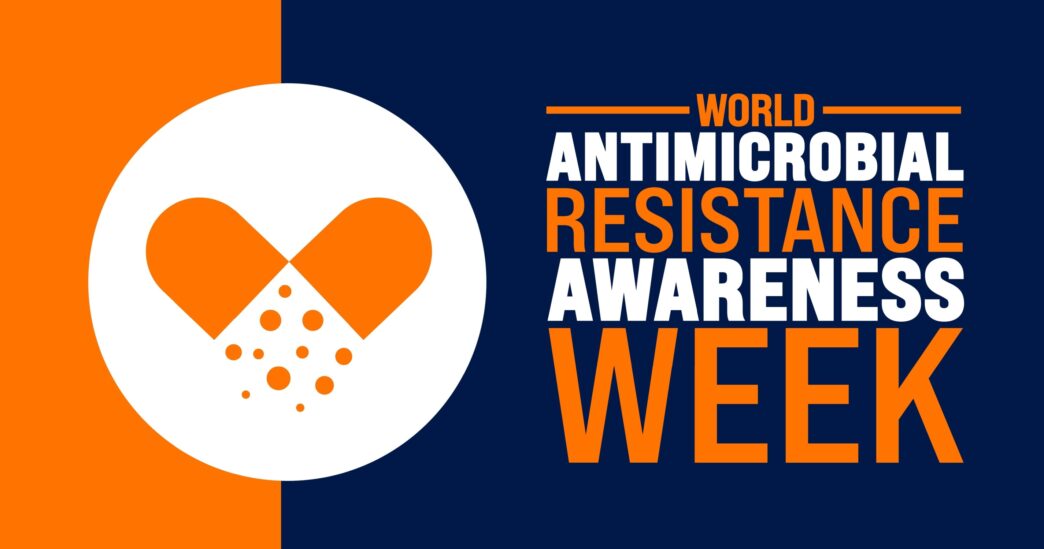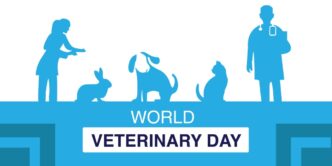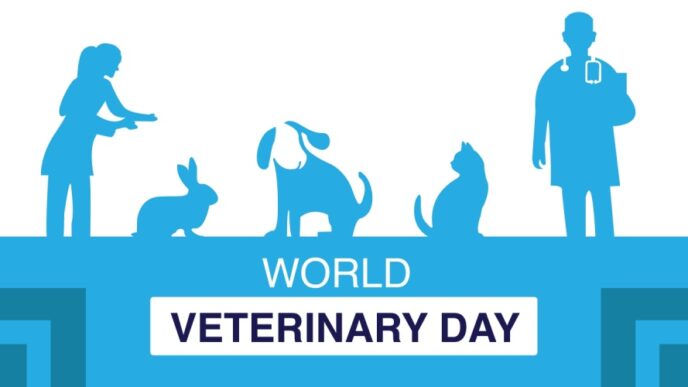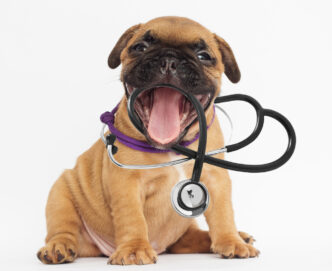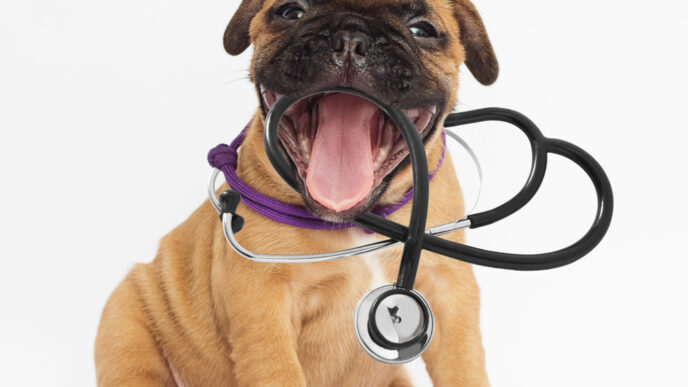WORDS DATO’ DR QUAZA NIZAMUDDIN HASSAN NIZAM
 FEATURED EXPERT FEATURED EXPERTDATO’ DR QUAZA NIZAMUDDIN HASSAN NIZAM Professor Faculty of Health and Medical Sciences Taylor’s University |
Observed annually from November 18 to 24, World Antimicrobial Awareness Week (WAAW) raises global awareness about antimicrobial resistance (AMR). This year’s theme, Educate, Advocate and Act Now, emphasizes the importance of education, advocacy, and immediate action.
THE STAKES ARE HIGH
- A 2014 report warned that failing to address AMR could result in 10 million deaths annually by 2050.
- A 2024 report by the World Organisation for Animal Health and the World Bank estimated a potential USD 1.5 trillion annual loss in global economic output due to AMR.
- In Malaysia, the issue is especially urgent, as 3,500 AMR-related deaths were recorded in 2019.
WHY AMR IS EVERYONE’S PROBLEM
AMR occurs when bacteria, viruses, fungi, and parasites develop resistance to treatments, making infections harder to combat. It affects not just humans but also animals and the environment.
To counter this, the United Nations reinforced its global commitment to tackling AMR through a political declaration in September 2024.
Malaysia, too, has been active, forming the National Antimicrobial Resistance Committee (NARC) in 2017 to implement the Malaysian Action Plan on AMR (MyAP-AMR).
HOW THE ANIMAL HEALTH SECTOR CAN LEAD THE CHARGE FOR CHANGE
Education is Key
Insufficient knowledge about AMR in animals and its impact on humans highlights the need for continuous education programs.
These initiatives should help farmers, veterinarians, and other stakeholders understand the risks and solutions.
Phase Out the Use of Antimicrobials as Growth Promoters
Using antimicrobials as growth promoters in animal feed accelerates resistance.
To address this issue, Malaysia’s Department of Veterinary Services has already banned 14 such substances in feed additives.
This is in alignment with global efforts to phase out the use of medically important antimicrobials for non-therapeutic purposes.
Stronger Veterinary Oversight
Treatments of infections should be based on proper evaluation by professionals and guided by antimicrobial sensitivity tests (AST).
Veterinarians should prioritize use of narrow-spectrum antibiotics over broad-spectrum ones.
Monitoring and Surveillance
Continuous reporting of antimicrobial use and AST results by private practitioners to the Department of Veterinary Services is vital.
This data helps track resistance trends and evaluate intervention strategies.
Explore Sustainable Alternatives
The use of alternatives to antibiotics shows promise. These alternatives include:
- Organic acids and their salts
- Phytogenic additives
- Prebiotics
- Probiotics
- Direct-fed microbial enzymes
These options offer a sustainable way to reduce antimicrobial reliance.
However, one must also consider carefully the cost, efficacy, and the unintended consequences of the uses of these alternatives.
Enhance Biosecurity Practices
Biosecurity improvements—such as better nutrition, customized vaccinations, and advanced animal housing, sanitation, and manure management—can significantly reduce the need for antimicrobials.
Closed-house farming systems, for example, boost the health of poultry and swine as well as productivity on top of cutting down the rate of diseases and deaths. These systems also mitigate the environmental impact of farming.
Government support in streamlining approvals and reducing costs could facilitate wider adoption of such systems.
Regulate Online Sales and Safe Disposal
Unregulated online antimicrobial sales and improper disposal practices exacerbate AMR.
Strict enforcement of regulations and public reporting through platforms such as https://moh.spab.gov.my is essential (link opens in a new tab).
Veterinarians should also educate farmers and pet owners about the proper disposal of expired or unused antimicrobials.
COLLABORATION FOR A HEALTHIER FUTURE
Antimicrobials are essential for treating infections, but their use must be responsible and judicious.
Combating AMR requires a collective effort from governments, the private sector, and society at large.
As we mark WAAW 2024, let’s commit to unified actions that protect human, animal, and environmental health against this growing threat.
| This article is part of our series on health issues affecting animals that are our pets as well as food sources. |

